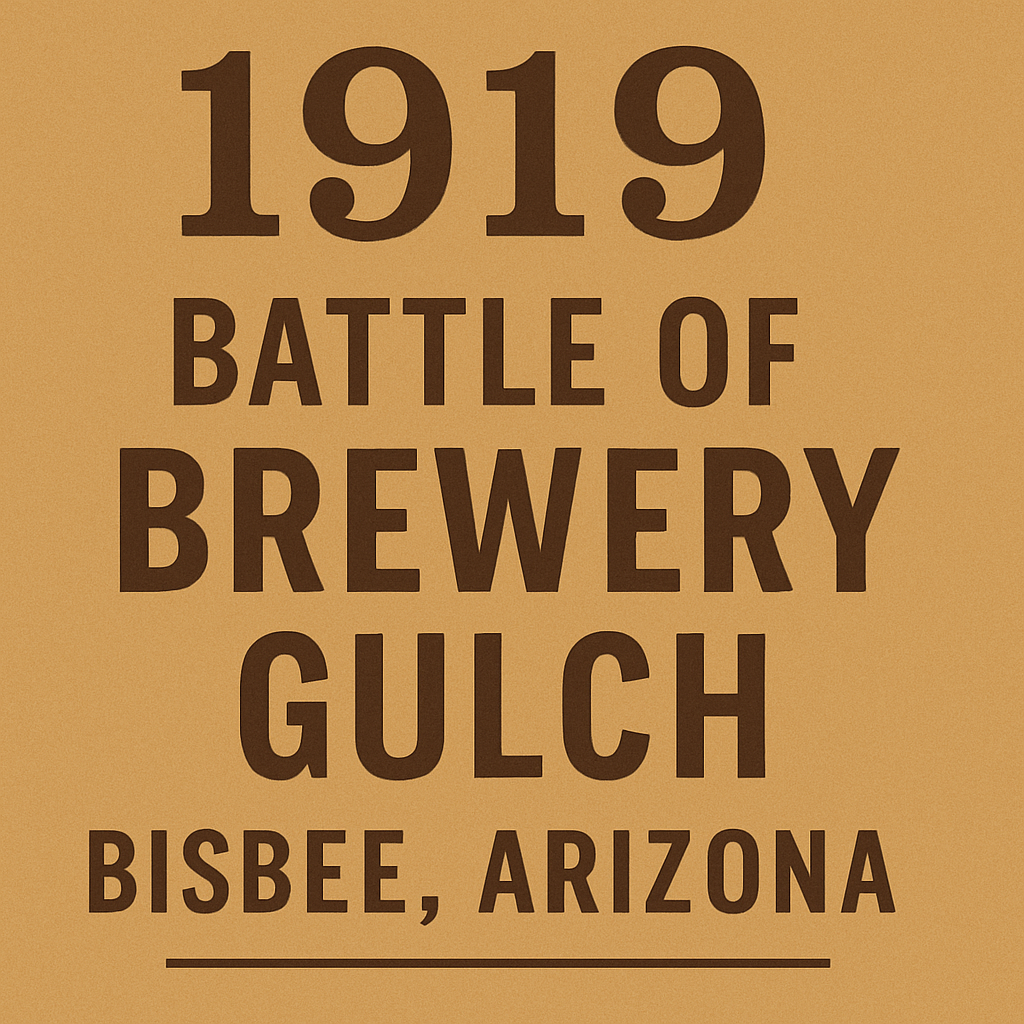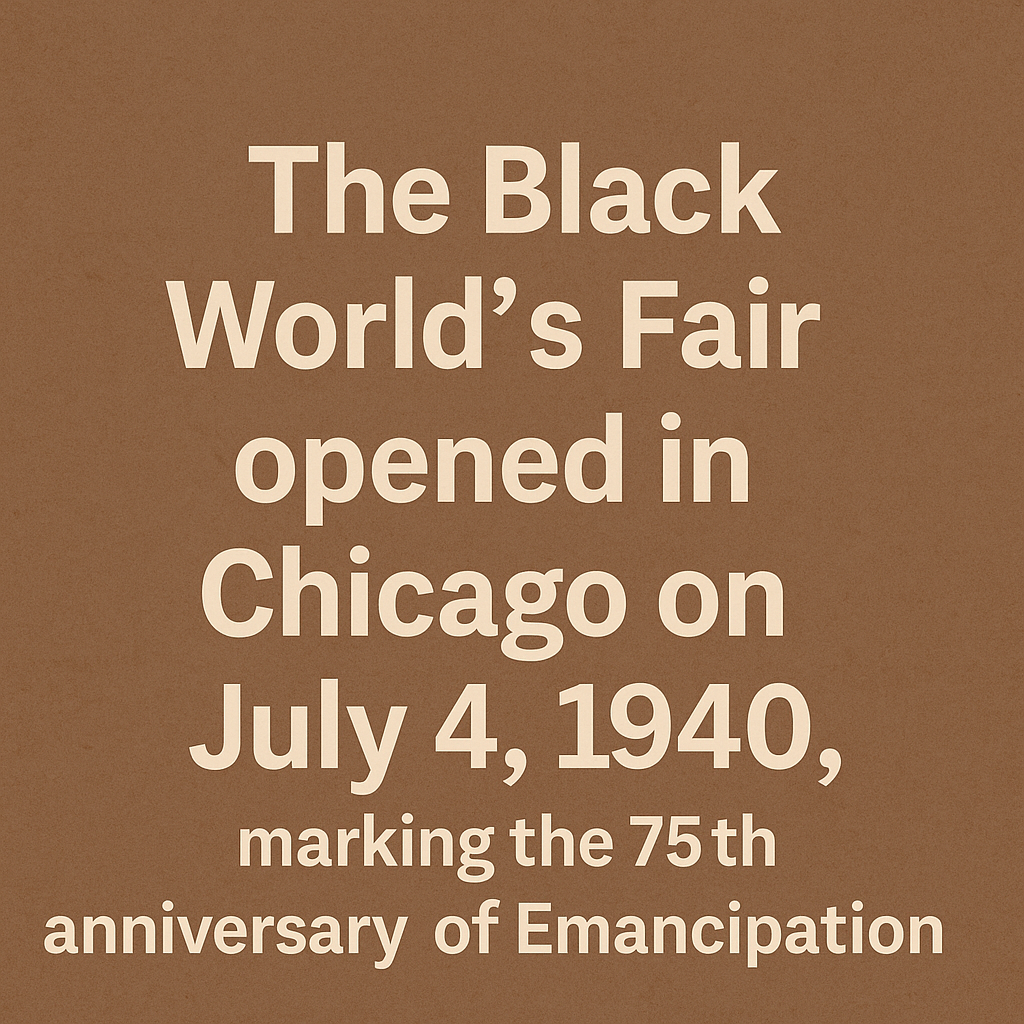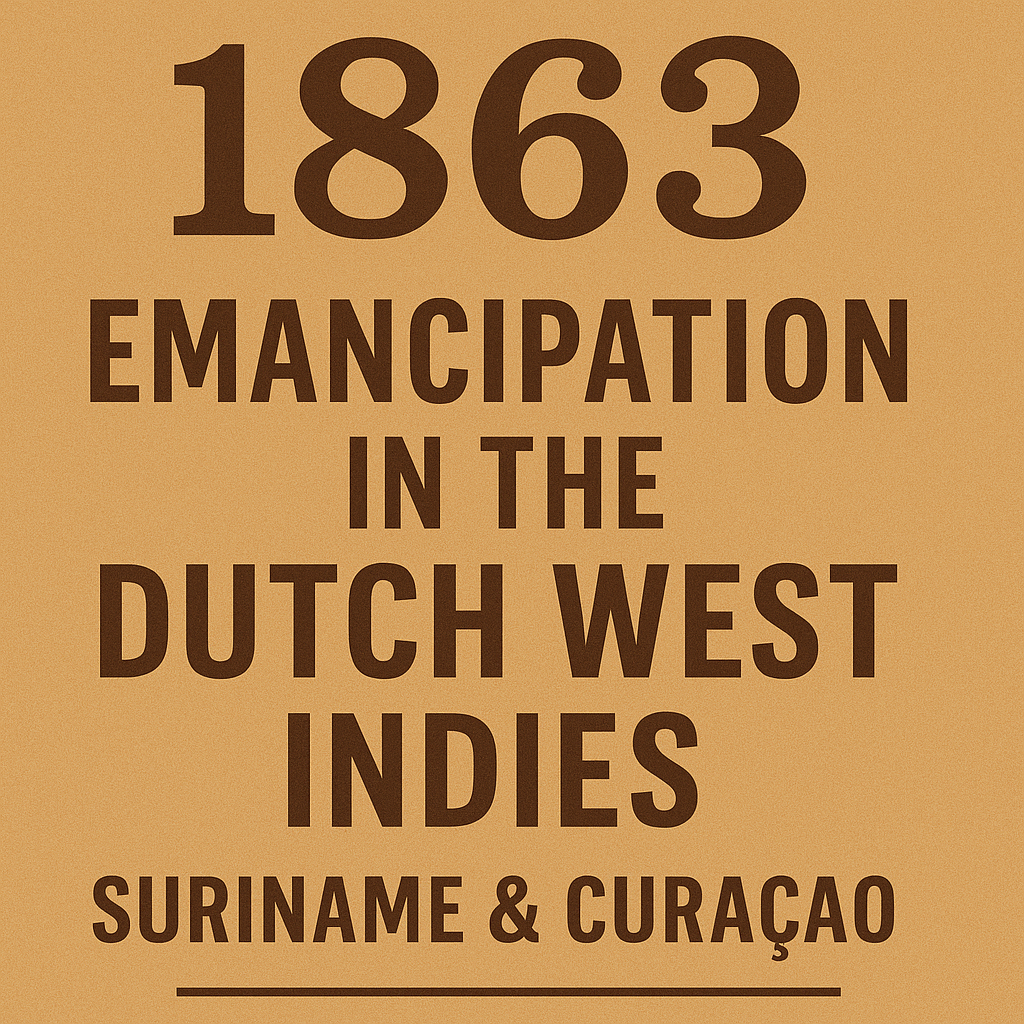On this date in 1941, Cab Calloway and his orchestra recorded the famous jazz standard “St. James Infirmary Blues”. This song, originally a traditional folk tune, became one of the most iconic pieces in jazz history when Calloway put his own spin on it with his distinct style.
His version, with its haunting lyrics and unique arrangement, became a classic, and it remains a staple in jazz and blues repertoires. Calloway’s rendition added to the song’s legacy, making it synonymous with the Big Band era.
On this date in 1904, Dr. Charles Drew, born in Washington, D.C., made groundbreaking contributions to the field of medicine. He attended McGill University in Montreal, Canada, where he earned his medical degree and conducted pivotal research on blood transfusion.
Dr. Drew is best known for his discovery of a method to preserve blood in the form of plasma, allowing it to be stored and transported for extended periods. This discovery played a crucial role in saving countless lives, especially during World War II, where plasma was used extensively to treat wounded soldiers.
His work on blood storage and transfusions revolutionized medical practices and laid the foundation for modern blood banks. Drew’s legacy continues to inspire advancements in medical science and blood donation programs worldwide.
On this date in 1775, Prince Hall founded Africa Lodge No. 1 in Boston, Massachusetts, marking a pivotal moment in history as it became the first Black Lodge of Free Masons in the United States.
Prince Hall, an African American abolitionist and activist, was instrumental in creating this lodge after being denied membership in mainstream Masonic lodges due to racial barriers. His efforts not only established a legacy of Black Freemasonry but also provided a space for African Americans to engage in mutual support, community building, and advocacy for civil rights during a time of extreme racial discrimination.
The establishment of Africa Lodge No. 1 is a significant milestone in both the history of Freemasonry and African American empowerment.
On this date in 1983, Calvin Smith of the United States became the fastest man alive, setting a new 100m world record with a time of 9.93 seconds (36.25 kph) in Colorado Springs, Colorado.
This record broke the previous mark of 9.95 seconds, set by Jim Hines in 1968. Smith’s achievement was groundbreaking, showcasing his incredible speed and solidifying his place in sprinting history. Later, he also won Olympic gold as part of the 4x100m relay team at the 1984 Los Angeles Olympics.
On this date in 1966, Moises Alou was born. He is a former Major League Baseball (MLB) outfielder, known for his successful career playing for teams like the Montreal Expos, Florida Marlins, Houston Astros, Chicago Cubs, San Francisco Giants, and New York Mets.
Alou, the son of former MLB player and manager Felipe Alou, was a six-time All-Star and played a key role in the Florida Marlins’ 1997 World Series championship. He was known for his strong batting skills and clutch performances throughout his career.
On this date in 1966, race riots broke out in Omaha, Nebraska, amid growing racial tensions in the city. The unrest was part of a broader wave of civil rights-era conflicts occurring across the United States in the 1960s, as Black communities protested against systemic racism, police brutality, and economic inequality.
In Omaha, frustration over racial discrimination, segregation, and limited economic opportunities led to clashes between protesters and law enforcement. The riots involved property damage, arrests, and confrontations with police, further highlighting the racial divide in the city.
Omaha, like many other cities during this time, faced ongoing struggles for civil rights, fair housing, and equal opportunities for its Black residents. The events of 1966 reflected the broader movement for justice that continued throughout the decade.
On this date in 1962, Jackie Robinson was inducted into the Baseball Hall of Fame, cementing his legacy as one of the most influential figures in sports history. Robinson is best known for breaking Major League Baseball’s color barrier in 1947 with the Brooklyn Dodgers, becoming the first African American player in the modern era. His courage, skill, and leadership on and off the field transformed the sport and had a profound impact on the civil rights movement. Robinson’s induction into the Hall of Fame was a fitting tribute to his groundbreaking career and enduring contributions to both baseball and society.
On this date in 1956, Montel Williams was born. He is an American television personality, actor, and former Navy officer, best known for hosting the daytime talk show “The Montel Williams Show”, which ran from 1991 to 2008. Williams is also known for his advocacy in health, particularly regarding multiple sclerosis (MS), as he was diagnosed with the condition in 1999. His career has spanned various fields, including broadcasting, acting, and motivational speaking.
On this date in 1953, Harry Belafonte made history by appearing on the cover of Ebony magazine alongside actress Janet Leigh and film star Tony Curtis. This was a groundbreaking moment because it marked the first time a Black person (Belafonte) and two Caucasian actors (Leigh and Curtis) were featured together on the cover of a major U.S. magazine.
The cover highlighted Belafonte’s rising star power in Hollywood during the 1950s, especially as he was gaining fame for his music, acting, and activism. This historic moment reflected a shift in racial dynamics within the entertainment industry, promoting the idea of greater inclusivity and collaboration across racial lines.
On this date in 1940, Fontella Bass was born in St. Louis, Missouri. She was an iconic American singer known for her powerful voice and contributions to the R&B, soul, and gospel music genres. Bass is best remembered for her hit song “Rescue Me,” released in 1965, which became a classic and is still celebrated as one of the best soul tracks of all time.
Her career spanned several decades, and she was also known for her collaborations with artists like Otis Redding and for her work in the gospel music scene. Fontella Bass’s music continues to influence many artists today, and her legacy remains a significant part of American music history.
On this date in 1936, John Hope, who was the president of Atlanta University, was honored in New York City by the NAACP (National Association for the Advancement of Colored People) for his significant contributions to education and civil rights.
John Hope was a trailblazer in African American education, having served as the first African American president of Atlanta University. His leadership helped to elevate the institution and was key in advancing education for Black students in the South. In addition to his work in education, he was also a passionate advocate for civil rights, making him a respected figure in the fight for equality during the early 20th century.
His recognition by the NAACP was a testament to his tireless work in both the educational and civil rights arenas.
On this date in 1929, David Lynch, a legendary member of the iconic Platters, was born. He became a key figure in the group, which is known for its timeless hits like “Only You”, “The Great Pretender”, and “Smoke Gets in Your Eyes”. The Platters were one of the most popular vocal groups of the 1950s and were inducted into the Rock and Roll Hall of Fame in 1990.
David Lynch’s contributions helped shape the sound of early rock and roll and doo-wop, leaving a lasting legacy in the music world.
On this date in 1848, slavery was abolished in the Danish West Indies, now known as the U.S. Virgin Islands. This historic event was marked by a peaceful revolt on the island of St. Croix, where enslaved people led by Thomas Christian, a former enslaved man, demanded their freedom. The Danish colonial government, facing pressure and unrest, officially declared the end of slavery on this day.
The abolition of slavery in the Danish West Indies came almost two decades before the U.S. Civil War and the broader abolition movement in the Americas. The event is now celebrated as Emancipation Day in the U.S. Virgin Islands, a symbol of the resilience and strength of those who fought for their freedom.
July 3, 1917 marked the escalation of one of the worst racial massacres in U.S. history. On that day, white mobs renewed violent attacks – beatings, arson, kidnappings – against Black residents and homes in East St. Louis, Illinois. Following labor migration from the rural South, competing for industrial jobs, white terror erupted. While July 2 saw initial violence, July 3 brought further destruction, driving mass displacement. Over the following days, at least 39 African-Americans were killed and hundreds wounded. This atrocity inspired W.E.B. Du Bois to call it \”The Massacre of East St. Louis,\” and it prompted NAACP – led investigations and federal scrutiny.

On July?3,?1919, Black members of the 10th U.S. Cavalry—the famed “Buffalo Soldiers”—clashed with local law enforcement in Bisbee, Arizona. Tensions arose from racial hostility amid the broader “Red Summer” of 1919. Local police had attempted mass disarmament of returning Black troops, leading to armed resistance. The confrontation became known as the Battle of Brewery Gulch. Though little-known, it exemplified post-WWI racial violence across the nation and highlighted Black veterans\\\’ resistance to racist oppression.
On July?3,?1930, political dissident Otto Strasser officially founded the “Black Front” (Schwarze Front), a left-wing splinter movement opposing Hitler’s Nazi Party. Though not a Black history event in the racial sense, its name and context are unrelated to African diasporic history. Therefore, this date is omitted from this list.
In the wake of the Civil Rights Act passed on July?2,?1964, segregationist restaurant owner Lester Maddox forced three Black men out of his Pickrick Restaurant in Atlanta with axe handles on July?3,?1964. He defied the law requiring public accommodations to integrate, and the incident was documented by the Justice Department. Maddox later became Georgia’s governor (1967–1971), continuing to oppose desegregation. This standoff exemplified the massive resistance to federal civil rights enforcement following landmark legislation en.wikipedia.org.

On July?3,?1950, Trinidadian-born jazz pianist and actress Hazel Scott became the first Black woman to host her own U.S. network television show with The?Hazel Scott Show, aired on DuMont. This 15?minute program featured her piano performances and classical/jazz interpretations. Despite its short run (later canceled amid McCarthy-era pressure), it broke racial barriers in media representation. Hazel Scott advocated for civil rights and better portrayal of Black artists before her untimely departure from the screen.
While not strictly a “Black event,” the Union victory on July?3,?1863, concluding the Battle of Gettysburg, forced Confederate retreat and marked a turning point in American Civil War. Most crucially, it validated the role of Black soldiers who had joined the Union ranks after the Emancipation Proclamation. Their contributions in subsequent campaigns shaped Union victories and advanced the cause of emancipation. The event’s context is essential in Black history as the momentum toward full abolition solidified geopoliticalfutures.com.

On July 1–3, 1863, the Dutch colonies of Suriname and Curaçao formally abolished slavery. While exact date conventions vary, the emancipatory legislation took effect over that period. July – 3 often marks the final legal enactment. Emancipation in these colonies set a precedent in the Caribbean, freeing Indigenous and African-descended peoples, and impacted regional abolition dynamics en.wikipedia.org.

Several sources agree that July 3,1863, saw the results and legacy of the 54th Massachusetts’ valorous assault on Fort Wagner (the attack occurred July-18, but its fame and military impact are tied to Gettysburg day). This volunteer Black regiment’s bravery was a watershed illustrating Black soldier heroism and influenced accelerating enlistment and equality in military service en.wikipedia.org.
On July?3,?2021, the first National Crown Day was held to commemorate the federal signing of the CROWN Act, combatting hair discrimination toward Black people. Spearheaded by the Crown Coalition—including the National Urban League and Color of Change—this observance and accompanying awards elevated Black hair justice culture, bolstered future state-level legislation, and challenged appearance-based bias.
© 2025 KnowThyHistory.com. Know Thy History